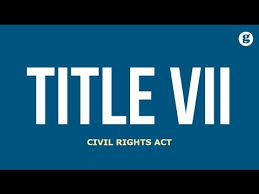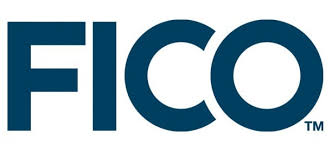banks to treat customers differently. While many states prohibit bank discrimination, the disparity necessitates a federal fix.
Read More
On a consumer plug today, I am excited by the “right to repair” trend that has surfaced in a proposed bill to block manufacturer imposed limits on medical device repair. While advocates worry about the environment, an important fall-out is consumer inability to take ownership of product maintenance. Of course safety is key, and I look forward to contributions by regulators and thought leaders in mHealth and other fields.
Read More
In Pearl Resources, another case of first impression under Subchapter V, a Texas court confirmed a cramdown plan with a reduced collateral value. Parsing a mix of traditional and new chapter 11 provisions, the court permitted a $7.4M replacement lien for the original $35M lien, deeming it sufficient to cover the $1.2M claim, and thus freeing up assets for the reorganization.
Read More
A group of mid-western businesses comment on their unique ability to reorganize under Subchapter V of the Bankruptcy Code in accordance with its intended goal to allow small business owners to retain control of a reorganizing company. Drafters of the new law effected much needed tweaks to the chapter 11 process, an endeavor that has proved to be an emerging lifeline.
Read MoreAs the Uber-Lyft talent saga continues, it is a fascinating legal phenomenon that a grass-roots referendum can override the decision of the highest court of the state. This is a true reflection of democracy, although tempered or arguably tainted by corporate lobbying. Wishing everyone a great weekend!
Read More
Wearing my digital health professor hat, I am sharing this article about the legal, social and political dynamics involved in forging a licensing deal between Oxford scientist inventor-founders of start-up Vaccitech, academia and big pharma AstraZeneca with the twin goal of profit and global access for a COVID-19 vaccine.
Read More
In re Patel, a recent CA bankruptcy decision, held that chapter 11’s requirement for individual debtors to pay unsecured creditors from “disposable income,” encompasses income from all sources. Note that this would equally apply in Subchapter V. The Patel Chapter 11 plan listed only motel income which was insufficient to fund a payout to unsecured creditors. While the debtor’s additional income could have funded the plan, the case was converted to Chapter 7 at the creditors’ request.
Read MoreStart-up, Ultranauts, a virtual data analytics company, has seemingly invented the secret sauce to an engaged corporate culture. And it is willing to share. Its in-house app, Biodex is key, starting each day with this inquiry: How “interactive” — ready to communicate with others — are you feeling today? What’s your energy level? Note that the majority of the company’s talent is autistic.
In the latest report, consumers have prioritized paying their credit cards using the CARES Act’s unemployment benefits and mortgage moratoria to fuel a rise in credit scores. This has left some lenders confounded and looking for other ways to measure credit-worthiness. Consumers should be aware that banks may be using bank transaction history to make decisions, although this may border on overstepping legal bounds.
Read More










